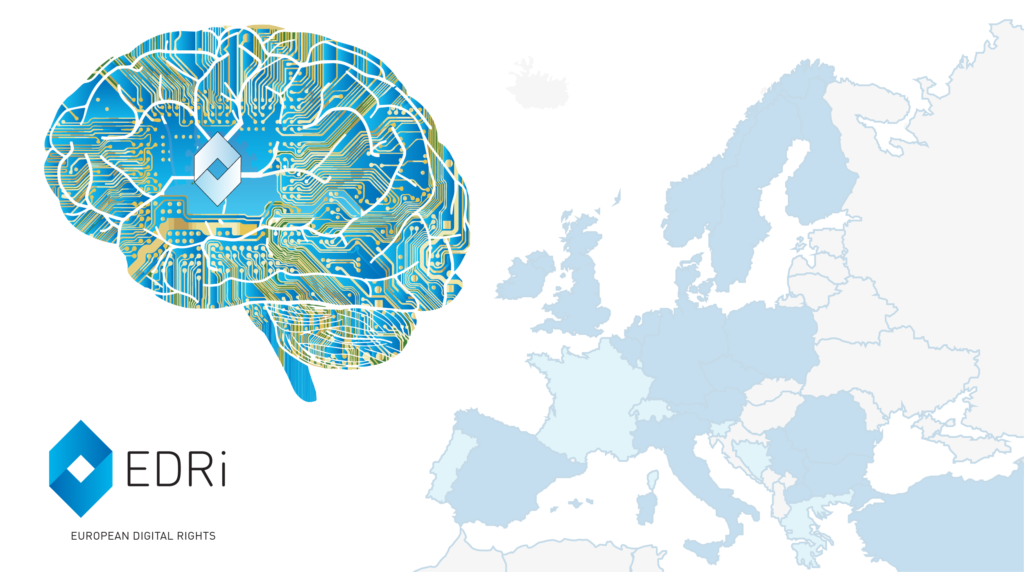More than the sum of our parts: a strategy for the EDRi Network
It took over a year. From an EDRi members’ survey in early 2019 to the vote by the (online) General Assembly of members at the end of April 2020. In those months we held workshops, webinars, calls, several rounds of comments, draft iterations and about 50 consultations.
It took over a year. From an EDRi members’ survey in early 2019 to the vote by the (online) General Assembly of members at the end of April 2020. In those months we held workshops, webinars, calls, several rounds of comments, draft iterations and about 50 consultations. We won’t lie, it was a lengthy, challenging and resource-consuming process. But it was worth it: we can now announce, proud and excited, the adoption of the EDRi Network 2020-2024 Strategy (link to summary).

Along the process, we learned a great deal about the context EDRi operates in and how the network situates in European societies. We also learned about how strategic planning processes can unveil larger questions about networks’ identity and health, and on what brings people together.
Values vs practices
There are many diverse visions about EDRi and about what a strategy is. EDRi network is comprised of a wide-ranging constellations of distinct voices. There is no ‘one size fits all’ narrative that encompasses some of the most complex issues. Some, like Richard D. Bartlett, would argue that people would rather align on a community of practices than on shared ‘values’. In EDRi’s case, what practices bring us together? ‘EDRis’ do share a passion for working in a community based on expertise, trust and hard work. We therefore worked on a balance and design a strategy that would give a overarching common sense of purpose and direction while leaving enough space for people to carry on with their work.
The strategy
It feels daring and risky to put our vision and assumptions on paper and boil down to what EDRi is all about. The strategy starts with highlighting the problems EDRi faces and showing a sense of urgency for action. While technologies represent opportunities, the near-total digitisation and permanent recording of our lives poses a significant risk to our autonomy and to our democracies.
A significant piece of the strategy is the power analysis, which describes the context in which EDRi operates. Our world is characterised by power asymmetries between state and private actors on the one hand, and people on the other. These power imbalances threaten democracy and people’s behavior. There is a lot to be done to change power structures that allow for injustice and human rights violations in the digital age. And thus, EDRi will not succeed alone. We play a contributing role based on our mission, identity and strengths as a digital rights network. We will aim for a world in which people live with dignity and vitality and to create a fair and open digital environment that enables everyone to flourish and thrive to their fullest potential. This is part and parcel of many other social justice causes as mobilisation and democratic change are highly dependent of technologies.
For EDRi that means that we will work in the next five years to influence decision-makers to regulate and change surveillance-based practices.
What’s next?
Now that our shared vision and purpose are articulated for a range of audiences, implementation work can start. In the coming months, our work as a network focuses on human rights based responses to the Covid-19 pandemic, on meaningful platform regulation and on requesting bans on invasive and risky biometric technologies.
A strategy is a frame, the start of a process rather than a document. We will therefore need to test our assumptions, reflect, iterate and build trust to advance digital rights for all. EDRi’s mission is ambitious. To succeed, we need a healthy network, fierce EDRi member organisations and empowered people. Our vehicle for change is a sustainable and resilient field that combats burn out and toxicity and relies on both personal
relationships and professional processes.
The pandemic is an absolute turning point that marks the beginning of a different era, it can leave us feeling vulnerable and afraid for ourselves and our loved ones, but also reminds us that we are part of a broader community. What better time than this crisis for a new beginning for EDRi and the societies we live in to create a world of dignity in the digital age?
Read more:
Strategy summary
https://edri.org/wp-content/uploads/2020/11/EDRi_Summary.pdf
EDRi calls for fundamental rights-based responses to COVID-19 (20.03.20)
https://edri.org/covid19-edri-coronavirus-fundamentalrights/
DSA: Platform Regulation Done Right (09.04.20)
https://edri.org/dsa-platform-regulation-done-right/
Ban biometric mass surveillance! (13.05.20)
https://edri.org/blog-ban-biometric-mass-surveillance/
